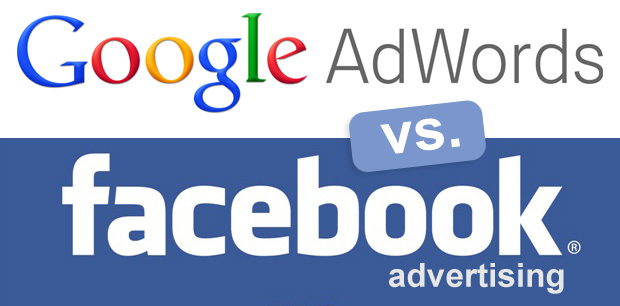<p style="text-align: justify">Facebook and Google are two of the world’s biggest Internet giants who run their own unique advertising models. Both platforms are highly popular worldwide and offer attractive advertising options to companies who are seeking to expand their customer base. The challenge, however, faced by these companies is which giant to advertise with. We have tried to make the choice simpler for you.</p>
<p style="text-align: justify">At first glance, both Google and Facebook appear quite similar, however, they are not. For instance, you can Buy Likes on Facebook and endorse your product, but with Google you have to rely purely on search engine phrases.</p>
<p style="text-align: justify">Let’s take a closer look at the two giants as advertising platforms.</p>
<h2 style="text-align: justify"><b>Different Targeting Systems</b></h2>
<p style="text-align: justify">Companies advertising on Facebook can choose their audience by applying certain filters on their ads which allows them to be viewed only by those people who are most likely to buy the product or service. You can precisely target your audience by three ways—namely through interests, geography and demography.</p>
<p style="text-align: justify">Contrary to Facebook, Google AdWords are mostly based on user preferences. Google keeps a close eye on what users are searching for and then displays ads which appear most relevant to those searches. However, this method of targeting audience is largely vague because Google doesn’t know its users as closely as Facebook does and many of the displayed ads are often irrelevant.</p>
<h2 style="text-align: justify"><b>Facebook VS Google Ads</b></h2>
<p style="text-align: justify">Since the two platforms are unique, creating ads for Facebook and Google is also done differently.</p>
<p style="text-align: justify">Companies running their advertisement campaigns on Facebook are concerned with the interests of people to channel their advertisements towards prospective buyers. They study their potential audiences and learn about the pages they have liked. Combined with other common patterns, Facebook likes are then used to display ads to targeted users.</p>
<p style="text-align: justify">Google Adwords, on the other hand, works differently. If a company wants to advertise on Google, it personally researches popular search engine phrases and then creates ads accordingly. These ads are based more on what people are looking for right now instead of what they like.</p>
<p style="text-align: justify">While differences and similarities can be many, Facebook has a clear edge over Google because of the more refined targeting system. On top of that, Facebook ads cost much lesser than Google’s—a third of the total—which can be a blessing for many smaller companies.<b></b></p>
<h2 style="text-align: justify"><b>Building Brand Image</b></h2>
<p style="text-align: justify">Though both platforms are equally capable of building a brand image, they do it in very different ways.</p>
<p style="text-align: justify">For instance, if you click an ad on Google, you are transported to a company’s landing page where you face a strong sales copy. If these pages have too many ads and unnecessarily crazy headlines, most users back off immediately for the lack of trust in such pages. With Facebook, however, it is a lot better.</p>
<p style="text-align: justify">Ads placed on Facebook are a constant source of reinforcement. When you frequently see an ad on FB, you gradually tend to make up your mind in favour of the brand. And once you notice a friend of yours has already liked a product, trust barriers are quickly broken. This advantage is exclusively reserved for Facebook.</p>

Facebook Vs Google Advertising
